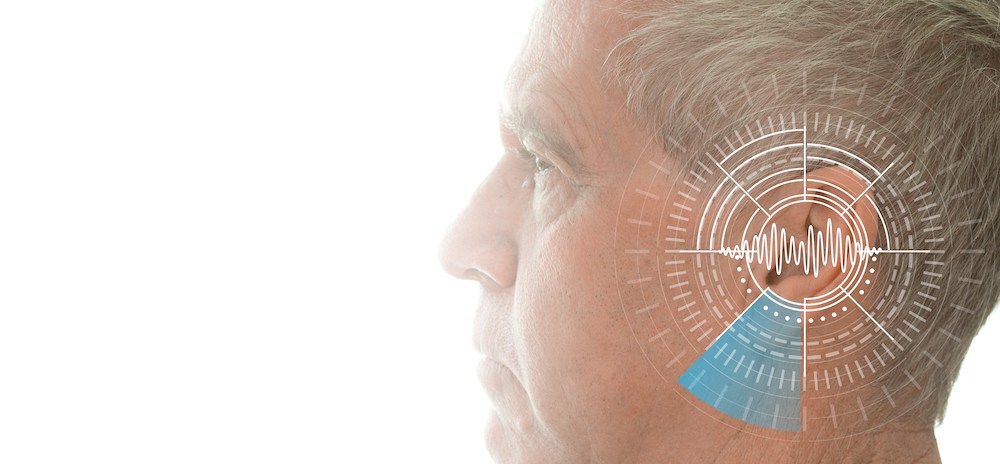The Connection Between Tinnitus and Hearing Loss
Tinnitus and hearing loss are often experienced hand in hand. It is often


Tinnitus and hearing loss are often experienced hand in hand. It is often

If you wear a hearing aid, you will might be aware that it requires

Living with hearing loss might be an adjustment. Whether you are making